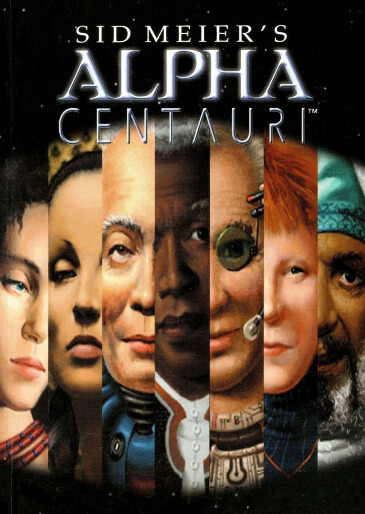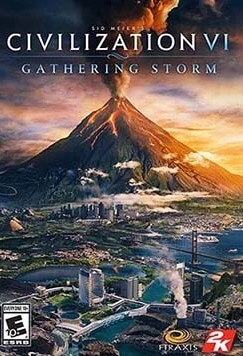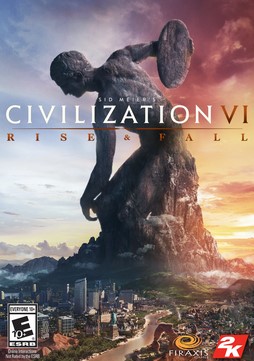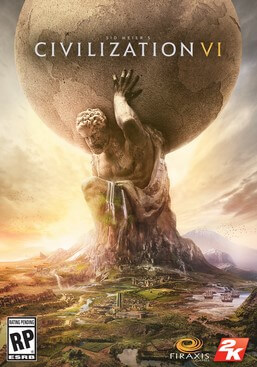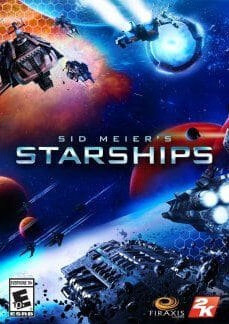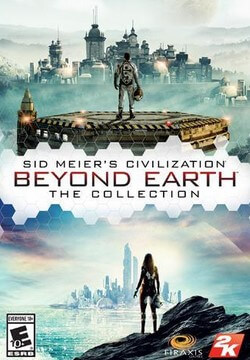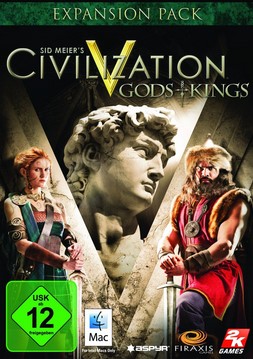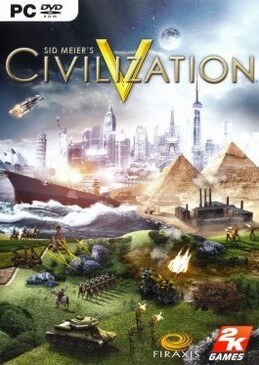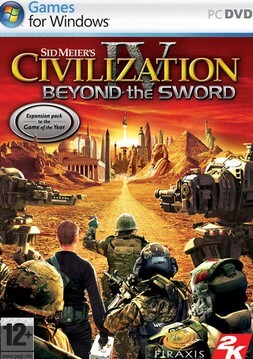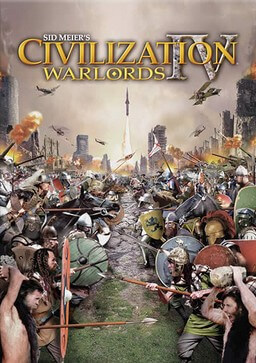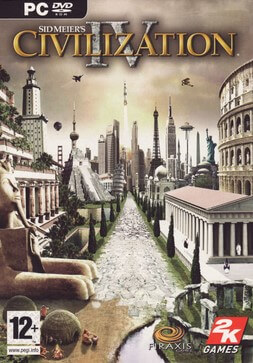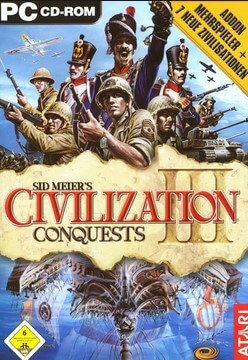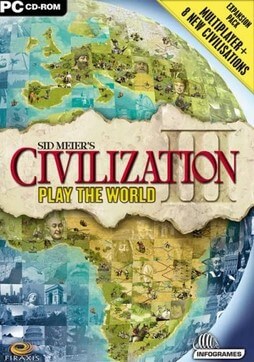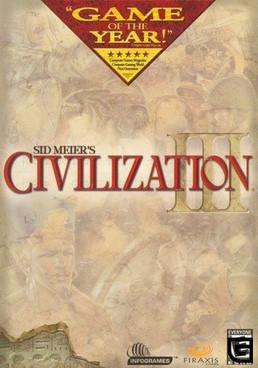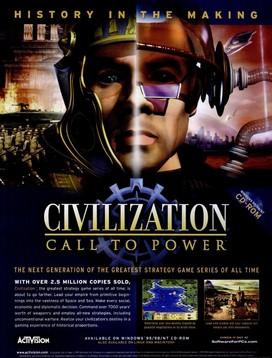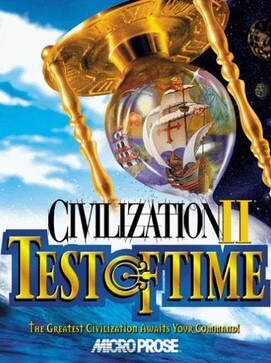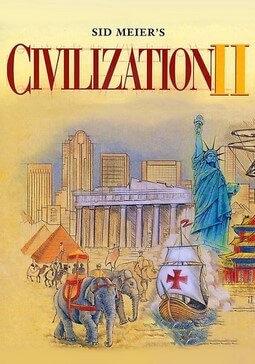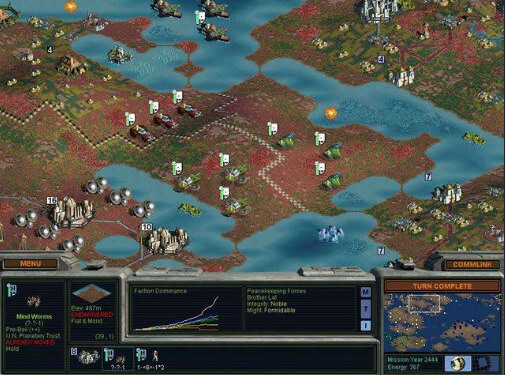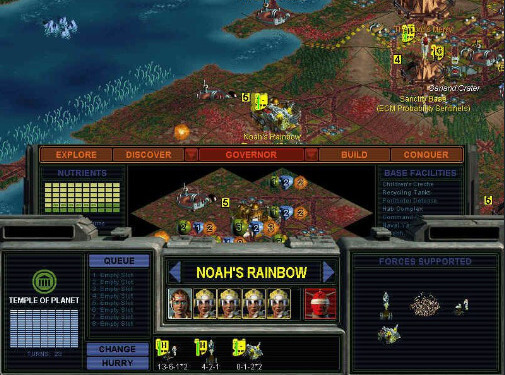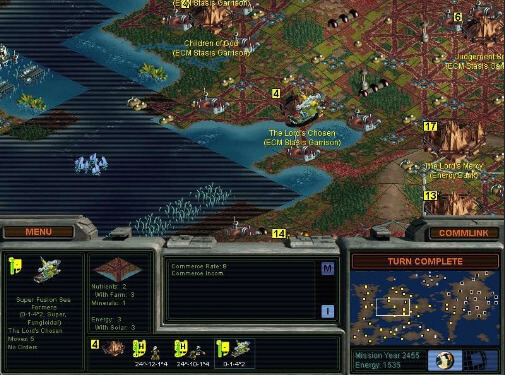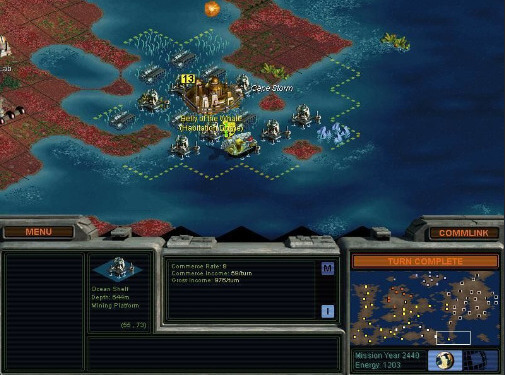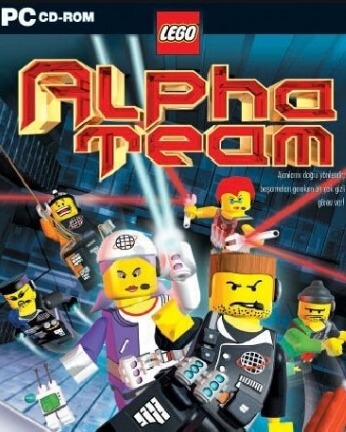Space-race victories in the Civilization series conclude with a journey to Alpha Centauri. Beginning with that premise the Alpha Centauri narrative starts in the 22nd century, after the United Nations sends "Unity", a colonization mission, to Alpha Centauri's planet Chiron ("Planet"). Unbeknownst to humans, advanced extraterrestrials ("Progenitors") had been conducting experiments in vast distributed nervous systems, culminating in a planetary biosphere-sized presentient nervous system ("Manifold") on Chiron, leaving behind monoliths and artifacts on Planet to guide and examine the system's growth. Immediately prior to the start of the game, a reactor malfunction on the Unity spacecraft wakes the crew and colonists early and irreparably severs communications with Earth. After the captain is assassinated, the most powerful leaders on board build ideological factions with dedicated followers, conflicting agendas for the future of mankind, and "desperately serious" commitments. As the ship breaks up, seven escape pods, each containing a faction, are scattered across Planet.
In the Alien Crossfire expansion pack, it is learned that earlier alien experiments had led to disastrous consequences at Tau Ceti, creating a hundred-million-year evolutionary cycle that ended with the eradication of most complex animal life in several neighbouring inhabited star systems. After the disaster (referred to by Progenitors as "Tau Ceti Flowering"), the Progenitors split into two factions: Manifold Caretakers, opposed to further experimentation and dedicated to preventing another Flowering; and Manifold Usurpers, favoring further experimentation and intending to induce a controlled Flowering in Alpha Centauri's Planet. In Alien Crossfire, these factions compete along with the human factions for control over the destiny of Planet.
Plot
The story unfolds via the introduction video, explanations of new technologies, videos obtained for completing secret projects, interludes, and cut-scenes. The native life consists primarily of simple wormlike alien parasites and a type of red fungus that spreads rapidly via spores. The fungus is difficult to traverse, provides invisibility for the enemy, provides few resources, and spawns "mindworms" that attack population centres and military units by neurally parasitising them. Mindworms can eventually be captured and bred in captivity and used as terroristic bioweapons, and the player eventually discovers that the fungus and mindworms can think collectively.
A voice intrudes into the player's dreams and soon waking moments, threatening more attacks if the industrial pollution and terraforming by the colonists is not reversed. The player discovers that Planet is a dormant semi-sentient hive organism that will soon experience a metamorphosis which will destroy all human life. To counter this threat, the player or a computer faction builds "The Voice of Alpha Centauri" secret project, which artificially links Planet's distributed nervous system into the human Datalinks, delaying Planet's metamorphosis into full self-awareness but incidentally increasing its ultimate intelligence substantially by giving it access to all of humanity's accumulated knowledge. Finally, the player or a computer faction embraces the "Ascent to Transcendence" in which humans too join their brains with the hive organism in its metamorphosis to godhood. Thus, Alpha Centauri closes "with a swell of hope and wonder in place of the expected triumphalism", reassuring "that the events of the game weren’t the entirety of mankind’s future, but just another step."
Gameplay
Alpha Centauri, a turn-based strategy game with a science fiction setting, is played from an isometric perspective. Many game features from Civilization II are present, but renamed or slightly tweaked: players establish bases (Civilization II's cities), build facilities (buildings) and secret projects (Wonders of the World), explore territory, research technology, and conquer other factions (civilizations). In addition to conquering all non-allied factions, players may also win by obtaining votes from three quarters of the total population (similar to Civilization IV's Diplomatic victory), "cornering the Global Energy Market", completing the Ascent to Transcendence secret project, or for alien factions, constructing six Subspace Generators.
The main map (the upper two thirds of the screen) is divided into squares, on which players can establish bases, move units and engage in combat. Through terraforming, players may modify the effects of the individual map squares on movement, combat and resources. Resources are used to feed the population, construct units and facilities, and supply energy. Players can allocate energy between research into new technology and energy reserves. Unlike Civilization II, new technology grants access to additional unit components rather than pre-designed units, allowing players to design and re-design units as their factions' priorities shift. Energy reserves allow the player to upgrade units, maintain facilities, and attempt to win by the Global Energy Market scenario. Bases are military strongpoints and objectives that are vital for all winning strategies. They produce military units, house the population, collect energy, and build secret projects and Subspace Generators. Facilities and secret projects improve the performance of individual bases and of the entire faction.
In addition to terraforming, optimizing individual base performance and building secret projects, players may also benefit their factions through social engineering, probe teams, and diplomacy. Social engineering modifies the ideologically based bonuses and penalties forced by the player's choice of faction. Probe teams can sabotage and steal information, units, technology, and energy from enemy bases, while diplomacy lets the player create coalitions with other factions. It also allows the trade or transfer of units, bases, technology and energy. The Planetary Council, similar to the United Nations Security Council, takes Planet-wide actions and determines population victories.
In addition to futuristic technological advances and secret projects, the game includes alien life, structures and machines. "Xenofungus" and "sea fungus" provide movement, combat, and resource penalties, as well as concealment for "mind worms" and "spore launchers". Immobile "fungal towers" spawn native life. Native life, including the seaborne "Isles of the Deep" and "Sealurks" and airborne "Locusts of Chiron", use psionic combat, an alternate form of combat which ignores weapons and armor. Monoliths repair units and provide resources; artifacts yield new technology and hasten secret projects; landmarks provide resource bonuses; and random events add danger and opportunity. Excessive development leads to terraforming-destroying fungus blooms and new native life.
Alpha Centauri provides a single player mode and supports customization and multiplayer. Players may customize the game by choosing options at the beginning of the game, using the built-in scenario and map editors, and modifying Alpha Centauri's game files. In addition to a choice of seven (or 14 in Alien Crossfire) factions, pre-game options include scenario game, customized random map, difficulty level, and game rules that include victory conditions, research control, and initial map knowledge. The scenario and map editors allow players to create customized scenarios and maps. The game's basic rules, diplomatic dialog, and the factions' starting abilities are in text files, which "the designers have done their best to make it reasonably easy to modify..., even for non-programmers." Alpha Centauri supports play by email ("PBEM") and TCP/IP mode featuring simultaneous movement, and introduces direct player-to-player negotiation, allowing the unconstrained trade of technology, energy, maps, and other elements.
